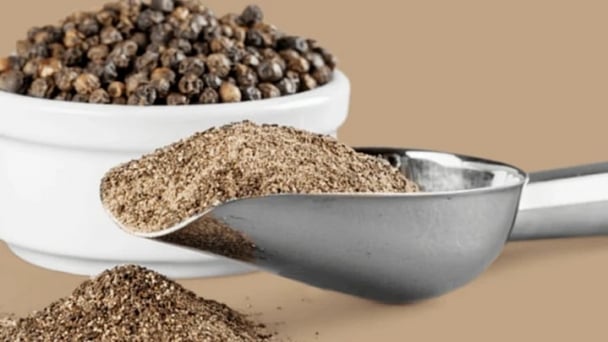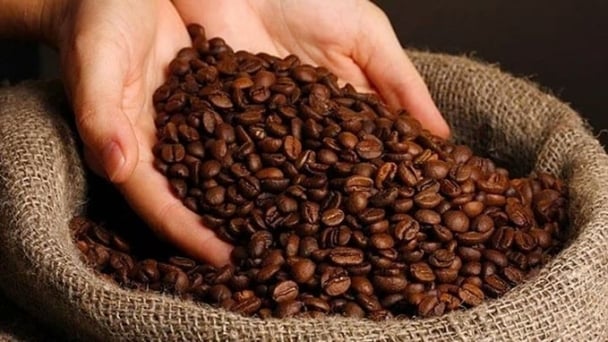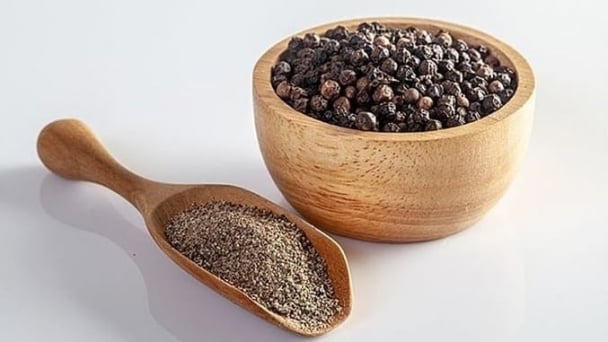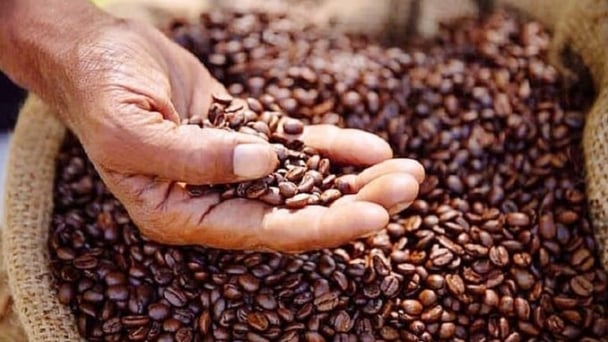May 24, 2025 | 16:20 GMT +7
May 24, 2025 | 16:20 GMT +7
Hotline: 0913.378.918
May 24, 2025 | 16:20 GMT +7
Hotline: 0913.378.918

Cocoa prices have already doubled in 2024. Photo: Getty Images
Cocoa prices were already steadily rising in 2023, but the product has nearly doubled in price so far this year, Bloomberg said. Bean prices are rising to an "unthinkable" level as wholesales in New York have jumped more than 47% — or $8,900 a ton — in recent weeks, according to the outlet.
Cocoa's 186% gain over the last 12 months surpassed bitcoin's record-breaking 150% climb over the same period.
The price increase could carry over into stores as Easter rolls around. Last year, US retailers charged 11.6% more for chocolate than in 2022, BI reported.
During earnings calls in January and February, executives from both Hershey and Cadbury noted that price hikes for consumers are possible in light of cocoa-supply shortages. Heavy rains in West Africa, where most of the world's cocoa is grown, have hampered production for the last six months.
"Given where cocoa prices are, we will be using every tool in our toolbox, including pricing, as a way to manage the business," Michelle Buck, the president and CEO of The Hershey Company, said during a February 8 earnings call.
A shortage of cocoa beans has led to a near shutdown of processing plants in Côte d'Ivoire and Ghana, the two countries responsible for 60% of global production. With chocolate makers around the world reliant on west Africa for cocoa, there is significant concern about the impact on the prices of chocolate and the livelihood of farmers. Cocoa researcher Michael Odijie explains the reasons for the shortage.
Three factors are at play: environmental, economic cycle related and human.
One environmental factor is the impact of the El Niño weather phenomenon, which has caused drier weather in west Africa. It has contributed to problems on farms, such as the swollen shoot virus disease. As a result, Ghana has lost harvests from nearly 500,000 hectares of land in recent years.
The economic cycle of cocoa production refers to the inherent patterns of expansion and contraction in cocoa farming. For example, as cocoa trees age, they become susceptible to diseases, requiring high maintenance costs. Historically, farmers have tended to abandon old farms and start anew in fresh forests. Unfortunately, finding new forests is now increasingly difficult. Perhaps the most severe issue of all is the lack of fair compensation for sustainable cocoa production
The human factor includes challenges such as illegal mining, which has overtaken numerous farms in Ghana. Sometimes, farmers lease their land to illegal miners in exchange for payment. These mining activities degrade the quality of the land, making it unsuitable for cocoa cultivation.
The global market for chocolate and chocolate products is on the rise. It is projected to grow faster than 4% annually over the next few years. This growing demand for cocoa underscores the urgency in addressing the intertwined issues that relate to the industry's sustainability.
(Businessinsider; Phys.org)

(VAN) Pepper prices on May 23, 2025, are unchanged in the domestic market, trading at VND 150,000 to VND 152,000/kg. Pepper prices increased only in Indonesia.

(VAN) Coffee prices on May 23, 2025, dropped by a further VND 2,500, trading at VND 122,500 – 123,200/kg. Global coffee prices also declined across the board.

(VAN) Coffee prices on May 22, 2025, slightly decreased by VND 500, trading at VND 125,000 – 125,700/kg. Global coffee prices showed mixed fluctuations.

(VAN) Pepper prices on May 22, 2025, slightly decreased by VND 1,000, trading around VND 150,000 – 152,000/kg. Global pepper prices remained unchanged.

(VAN) Rubber prices on May 22, 2025 on the global market dropped significantly. Domestically, raw latex continues to be purchased at around VND 397 – 462/TSC.

(VAN) Coffee prices on May 21, 2025, dropped sharply by VND 1,000, trading at VND 125,000 – 125,700/kg. Global coffee prices also reversed and declined.

(VAN) Coffee prices on May 20, 2025, surged by VND 2,200, climbing to VND 126,000 – 126,700/kg. Meanwhile, global coffee prices also recorded a sharp increase.